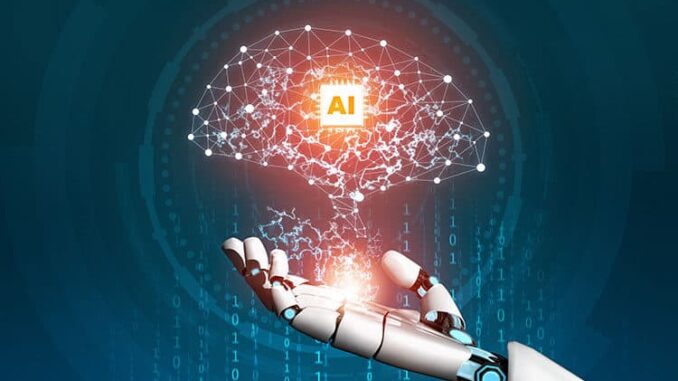
Artificial Intelligence (AI) has quickly become a transformative force across various sectors, offering numerous benefits that can enhance efficiency, productivity, and decision-making. Here are some key advantages of AI:
1. **Automation of Repetitive Tasks**: AI can automate mundane and repetitive tasks, freeing up time for employees to focus on more strategic and creative activities. This leads to improved productivity and efficiency in the workplace.








2. **Enhanced Data Analysis**: AI systems can analyze vast amounts of data much faster and more accurately than humans. This capability allows organizations to extract valuable insights, forecast trends, and make data-driven decisions.
3. **Improved Customer Experience**: AI technologies such as chatbots and virtual assistants can offer 24/7 customer support, providing instant responses to inquiries and enhancing overall customer satisfaction. Personalized recommendations powered by AI can also improve user engagement.
4. **Cost Efficiency**: By automating processes and optimizing operations, AI can help organizations reduce operational costs. Predictive maintenance in manufacturing and real-time inventory management are examples where AI can generate significant savings.
5. **Advanced Medical Diagnosis**: In healthcare, AI has shown potential in diagnosing diseases more accurately and at earlier stages than traditional methods. Machine learning algorithms can analyze medical images, patient records, and genetic information to assist healthcare professionals in making better decisions.
6. **Fraud Detection and Cybersecurity**: AI systems can monitor transactions and identify unusual patterns that may indicate fraudulent activity. In cybersecurity, AI can help detect and respond to threats in real time, improving the overall security posture of organizations.
7. **Personalization and Recommendation Systems**: AI enhances user experiences through personalized content and product recommendations. This is particularly evident in the e-commerce and entertainment sectors, where algorithms analyze user behavior to suggest relevant items or media.
8. **Robotics and Autonomous Systems**: AI powers advancements in robotics, leading to applications in manufacturing, logistics, and even home automation. Autonomous systems, including self-driving vehicles, have the potential to revolutionize transportation.
9. **Enhanced Learning and Education**: AI-driven tools can provide personalized learning experiences by adapting to individual student needs, thus improving educational outcomes. Virtual tutors and AI-based assessment systems can support teachers in identifying areas where students may need extra help.
10. **Sustainability Efforts**: AI can play a vital role in addressing climate change and promoting sustainability. From optimizing energy consumption in smart grids to improving agricultural practices through precision farming, AI can support environmentally friendly initiatives.
11. **Innovation and Creativity**: AI can assist in research and development by analyzing trends and generating new ideas. AI-generated art, music, and literature demonstrate its potential to enhance human creativity and inspire innovation.
Despite these benefits, it is important to approach AI adoption thoughtfully, considering ethical implications, data privacy, and potential job displacement issues. A balanced approach that leverages AI’s strengths while addressing concerns can lead to a future where AI works collaboratively with humans for the greater good.

Leave a Reply